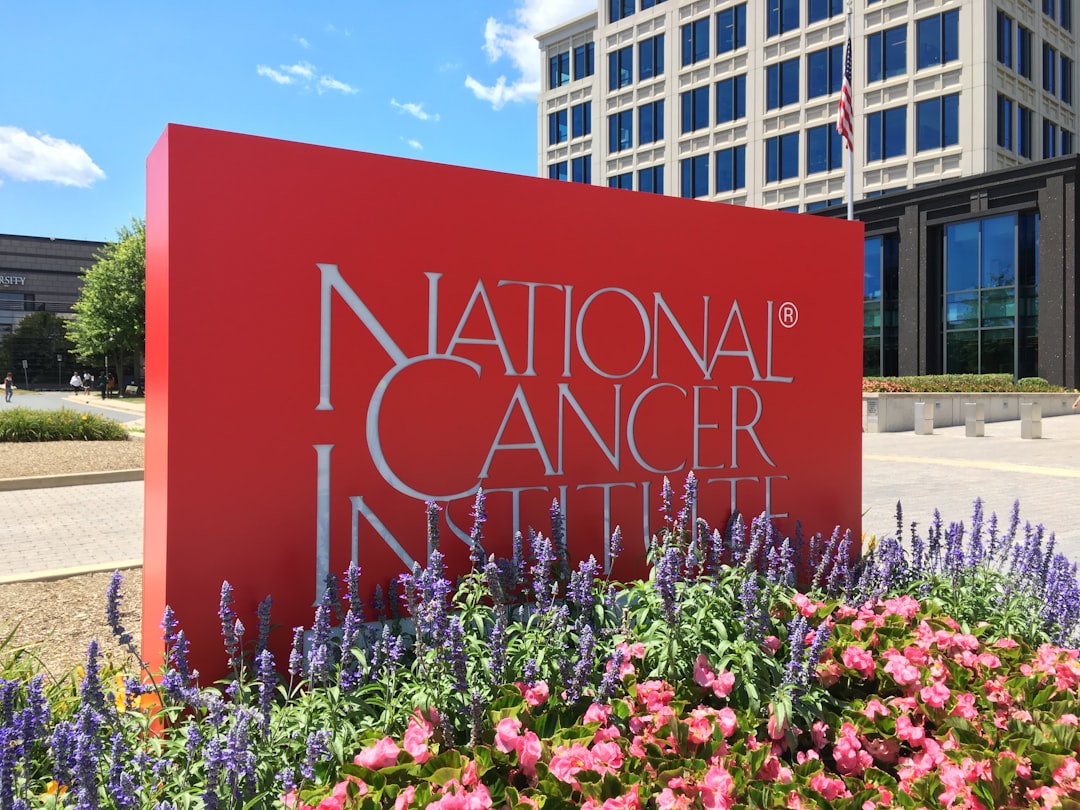What is it about?
For assessment of radiation exposure, biological dosimetry utilizing dicentric chromosomes analysis in human lymphocytes is a well-known method practiced since long ago along with physical dosimetry for radiation dose assessment in potentially overexposed people as well as for suspected exposures to estimate risk of health effects. Micronuclei, small satellite structures are the chromosomal fragments lacking centromeres. The frequency of micronuclei is also commonly used as a cytogenetic biomarker. Another cytogenetic endpoint, cytokinesis-block micronucleus assay, is considered to be simple in terms of scoring criteria as a reliable and sensitive cytogenetic biomarker.
Featured Image
Why is it important?
Plant parts such as fruits, roots, stem/bark, leaves, and medicinal herbs have been found to have antioxidant capacity due to the presence of phenolic compounds, vitamins, nitrogen compounds, terpenoids, and other metabolites. These compounds have been shown to possess antioxidant, immunostimulatory, and antimicrobial activity and to impart radioprotective effects . Several studies have focused on screening of herbal-/plant-based drugs for the development of drug discovery.
Perspectives
Apart from applications in clinics, plants, herbal formulations, and phytochemicals may have a use in case of accidental exposure to radiation. However, considering relevance of the field of plant-based radioprotectors, plant extracts and plant-derived compounds must be stringently analyzed in different models of radiation injury.
RAVINDRA SAMARTHA
Read the Original
This page is a summary of: Utilization of cytogenetic biomarkers as a tool for assessment of radiation injury and evaluation of radiomodulatory effects of various medicinal plants – a review, Drug Design Development and Therapy, September 2015, Dove Medical Press,
DOI: 10.2147/dddt.s91299.
You can read the full text:
Contributors
The following have contributed to this page










